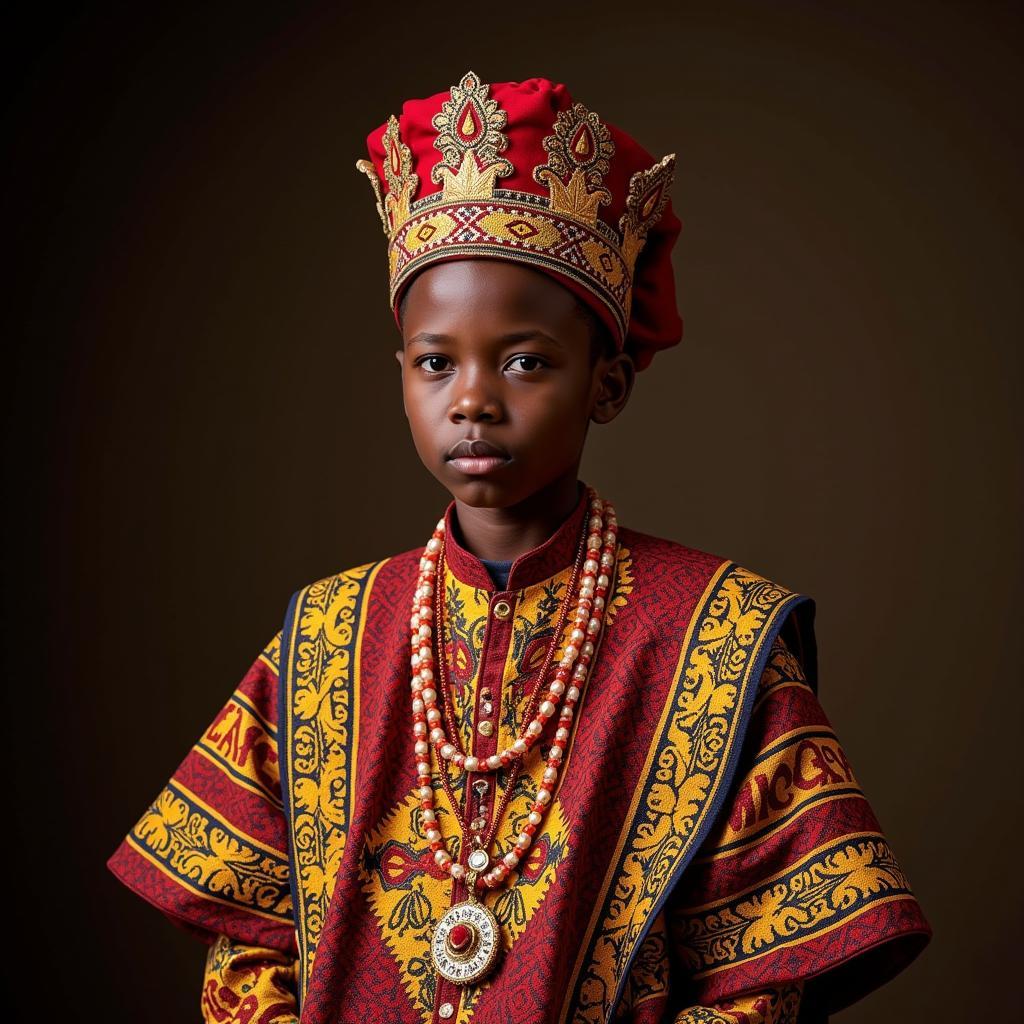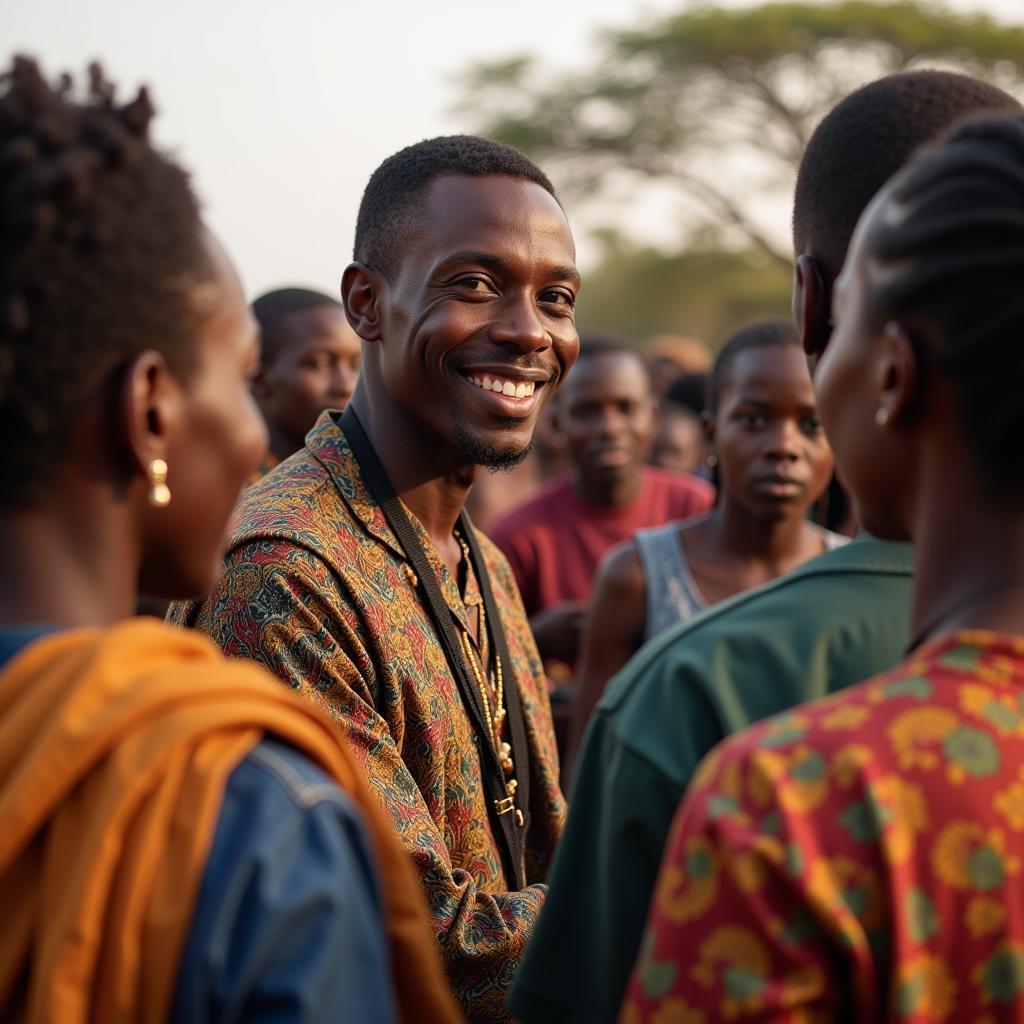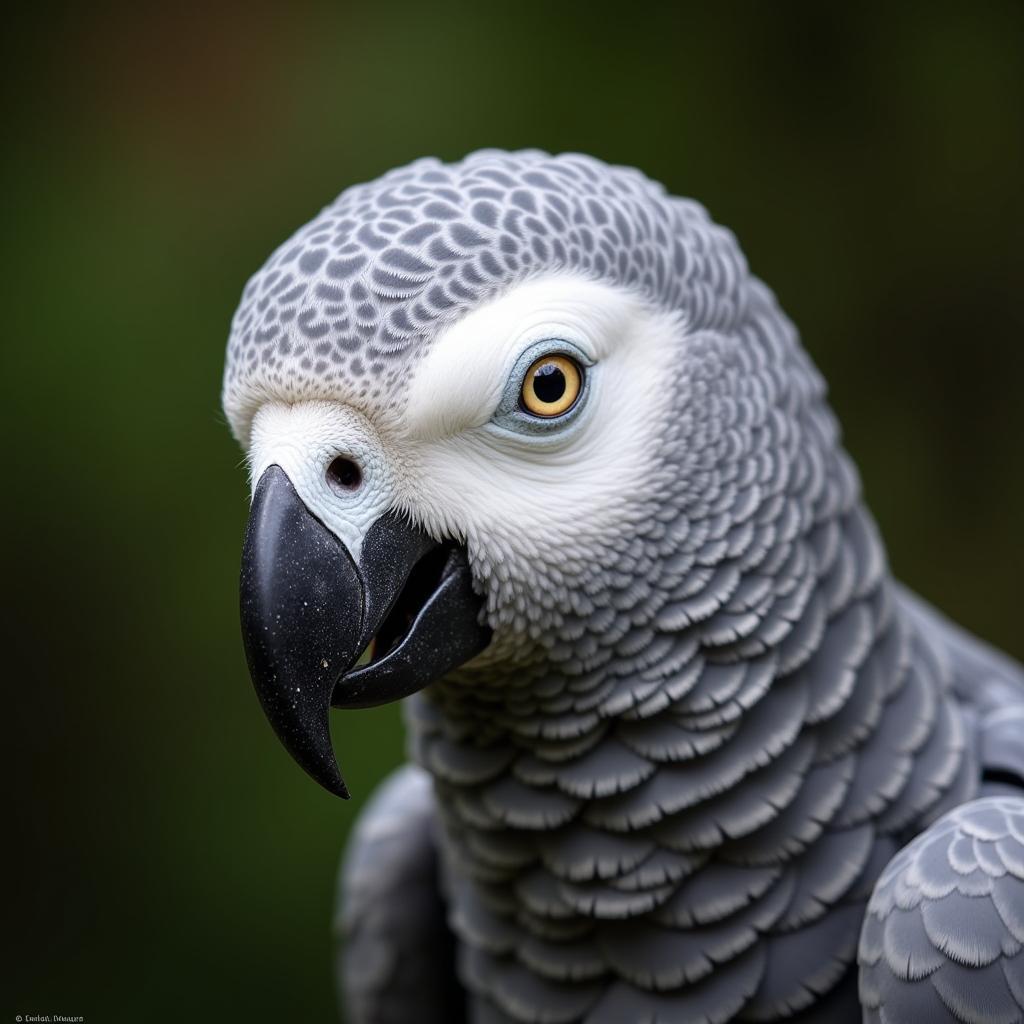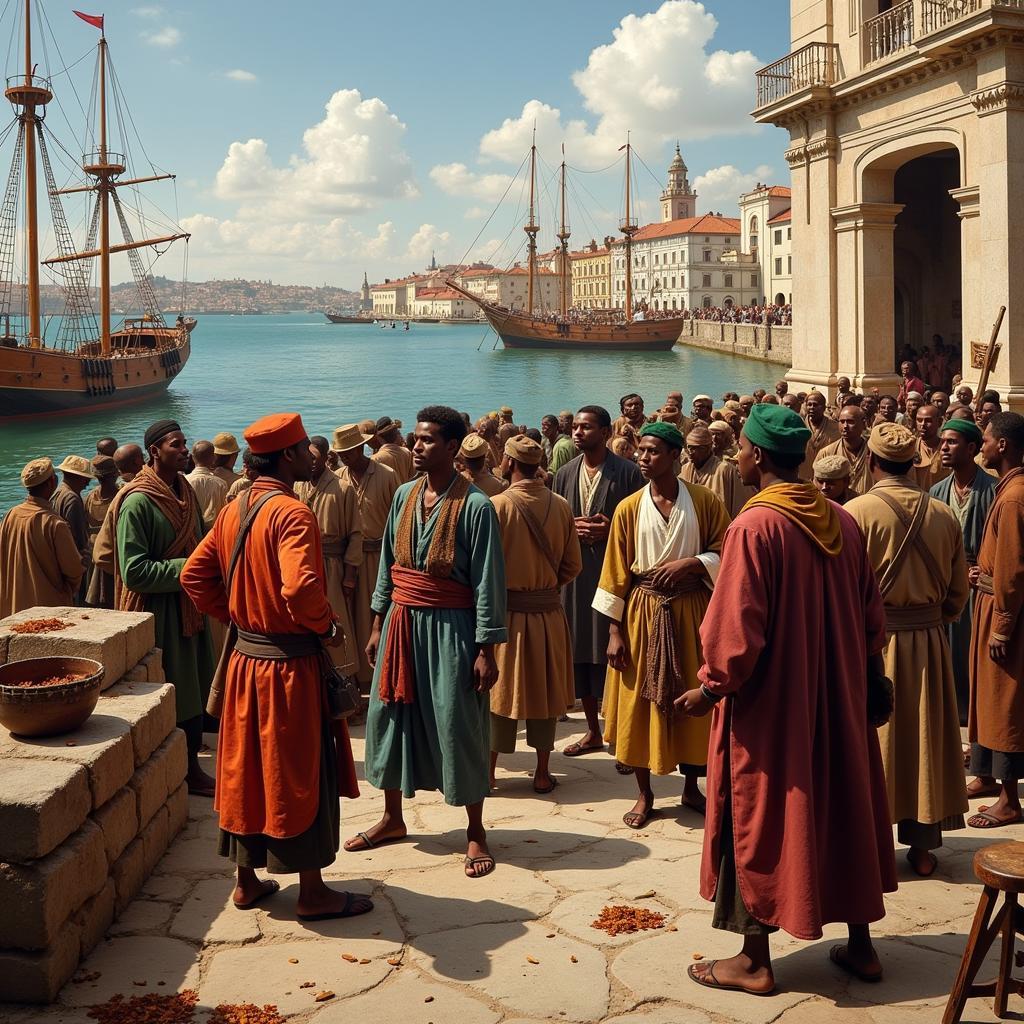The Allure and Influence of an African Prince
The term “African Prince” often conjures images of powerful rulers adorned in vibrant fabrics, their authority resonating through ancient traditions and vast landscapes. While this imagery holds true for historical figures, the concept of an African prince extends far beyond a singular archetype. It embodies the diverse cultural tapestry, historical legacy, and modern-day influence that continue to shape the narrative of Africa and its diaspora.
From Ancient Kingdoms to Modern Monarchies: A Tapestry of Heritage
Throughout history, African princes have held pivotal roles in shaping the continent’s destiny. From the ancient Egyptian pharaohs, revered as divine rulers, to the warrior kings of the Great Lakes region, their influence extended beyond political boundaries, shaping trade, art, and spiritual beliefs.
The Ashanti prince, heir to a powerful West African empire, embodied the spirit of a people renowned for their artistry and intricate goldwork. In East Africa, the princes of the Buganda Kingdom navigated complex alliances and fostered a flourishing cultural landscape.  African Prince in Traditional Attire
African Prince in Traditional Attire
These examples, drawn from various regions and eras, highlight the multifaceted nature of an “African prince.” Each lineage, guided by its own customs and beliefs, contributed to the rich tapestry of African history.
Navigating Colonialism and Embracing Independence
The arrival of European colonialism disrupted traditional power structures across Africa. Many kingdoms faced pressure to assimilate or resist, and the role of an African prince evolved dramatically. Some collaborated with colonial powers, seeking to preserve their lineage’s influence within the new order. Others, like King Cetshwayo of the Zulus, fiercely resisted foreign domination, becoming symbols of defiance and rallying points for resistance movements.
The post-colonial era ushered in a new chapter for African princes. While some monarchies were abolished, others transitioned into constitutional roles, embracing the challenges of modern governance. They championed social progress, advocated for their people on international platforms, and became symbols of national unity and cultural preservation.
The Modern African Prince: A Legacy Reimagined
Today, the concept of an “African prince” continues to evolve. While some inherit their titles through lineage, others are recognized for their accomplishments in diverse fields. They are entrepreneurs, philanthropists, artists, and athletes, leveraging their platforms to challenge stereotypes, empower communities, and amplify African voices on a global stage.
 African Prince as a Community Leader
African Prince as a Community Leader
Think of individuals like South African rugby legend and philanthropist Bryan Habana, whose dedication to social justice echoes the spirit of leadership embodied by past princes. Or consider the impact of figures like A Prince, South African Cricketers, using their athletic achievements to inspire a new generation. These individuals, though not necessarily royal by blood, embody the spirit of leadership, resilience, and cultural pride associated with the title “African prince.”
The Enduring Allure: Why the World Remains Captivated
The global fascination with African princes endures, fueled by a potent blend of history, culture, and representation. In a world grappling with issues of identity and belonging, the image of an African prince, rooted in heritage yet embracing modernity, resonates deeply.
 African Prince at a Cultural Ceremony
African Prince at a Cultural Ceremony
The exploration of African royalty offers a glimpse into a continent rich in diversity and complexity. It allows us to challenge preconceived notions, celebrate the strength and resilience of African cultures, and appreciate the enduring impact of these figures on the world stage.
FAQs: Unraveling the Mysteries of African Princes
1. Are there still African princes today?
Yes, while some traditional monarchies evolved or were abolished, several African countries maintain their royal families. These monarchs often play ceremonial roles, uphold cultural traditions, and advocate for their people.
2. What are some of the responsibilities of a modern African prince?
Modern African princes often focus on social impact, cultural preservation, and community development. They may engage in philanthropy, support education initiatives, or promote their nation’s heritage on a global platform.
3. Do all African princes inherit their titles?
While traditional inheritance remains common, some individuals earn recognition as “princes” through their contributions to their communities or achievements in their respective fields.
Exploring Further: A Journey Through African Culture
This exploration of African princes offers just a glimpse into the rich tapestry of the continent. To delve deeper, consider exploring:
- African American Disney Princess: Examining representations of royalty and identity in popular culture.
- African Explorers: Discovering the contributions of African explorers who shaped our understanding of the world.
- African American Music Culture: Immersing yourself in the vibrant world of African American musical heritage.
The legacy of African princes continues to inspire and captivate. By understanding their history, we gain a deeper appreciation for the cultural richness and historical significance of the African continent.
Need assistance or further information? Reach out to our dedicated team:
Phone: +255768904061
Email: [email protected]
Address: Mbarali DC Mawindi, Kangaga, Tanzania
Our customer care representatives are available 24/7 to assist you.


